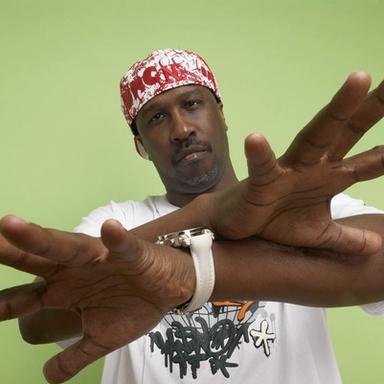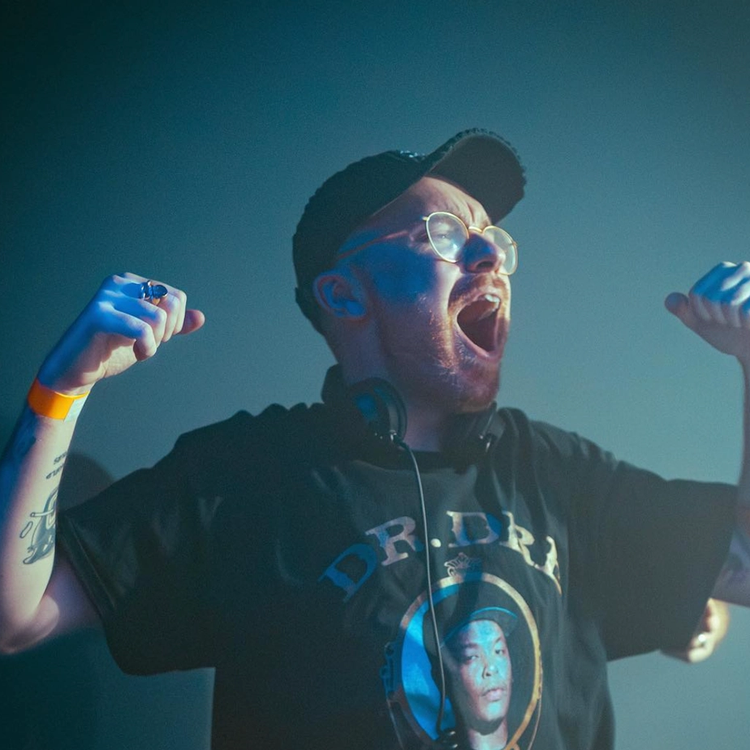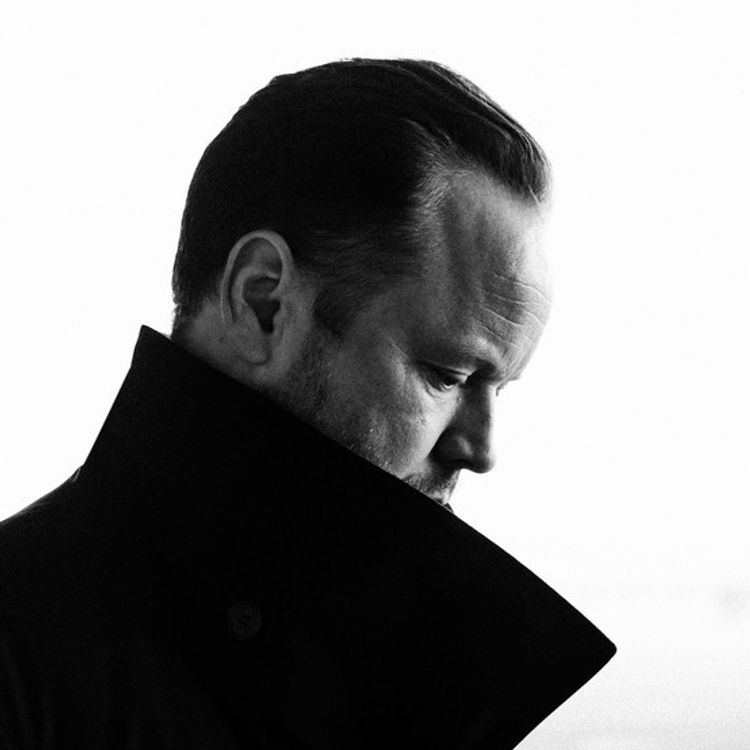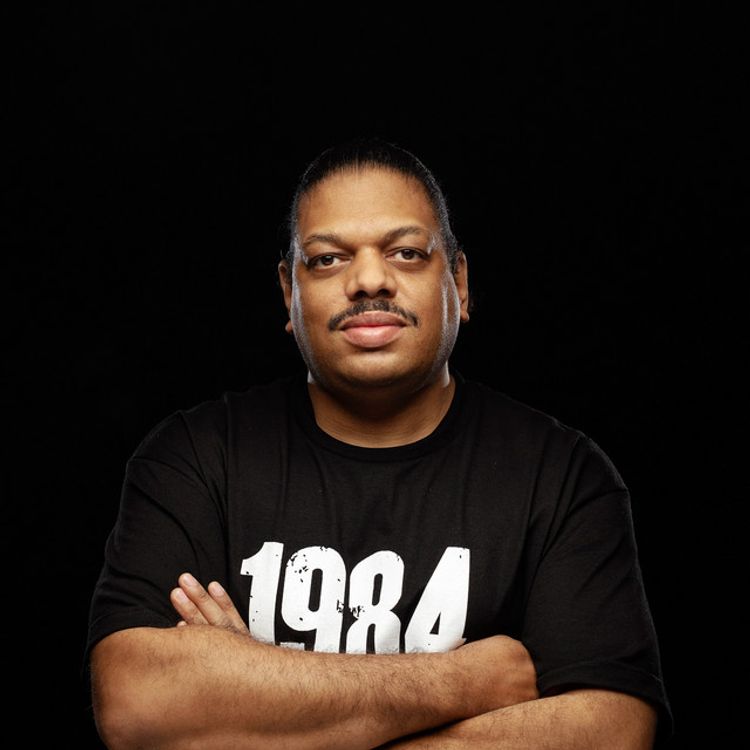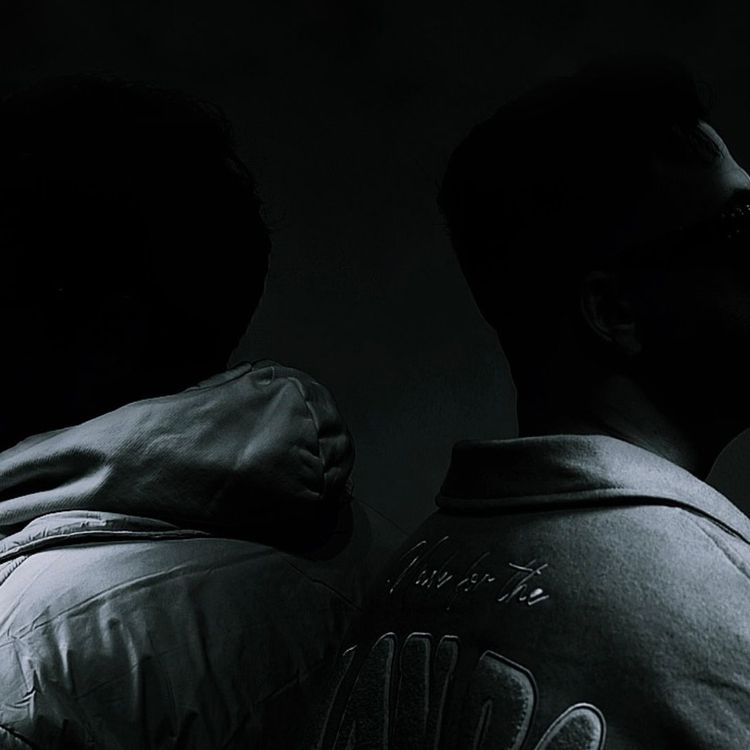Artist Spotlight
When Todd Terry speaks, his words carry the weight of over three decades of dance music history. The Brooklyn-born artist stepped into house music in 1988 with “Party People.” His chopped and screwed version of Marshall Jefferson’s eponymous 1986 “Move Your Body” married Chicago house and hip-hop. It didn’t initially go down well with the Chicago heads he inadvertently sampled. But it established Terry as an innovative force in dance music. And it was an early example of Terry’s innate understanding of what moves a dance floor.
Terry was already an experienced producer. He was heavy into hip-hop and had already piqued the interest of Profile Records, the early home of Run-D.M.C. Unable to raise funds for studio time, he let things fizzle. His feet stayed planted in broken beats as he switched focus to the work of breakbeat innovators John Robbie and Arthur Baker.
That is, until one day when a friend showed up at his house with a tape of Chicago house beats from Marshall Jefferson, Kevin Saunderson, and Juan Atkins. Terry admits that he thought it sounded repetitive. But after watching his friend jump around the living room with excitement insisting that Todd make some house music, he decided to give it a go.
“I didn't know what I was doing. I did it as a joke," Terry says as he recalls his entry into dance music. "You know, it worked.”
His background in broken beats and hip-hop helped him break the cycle of repetition. His records moved through motifs, popping and stuttering with the energy of a dance battle. “Party People” and “Can You Party” were quickly picked up and rose to the top 100 dance charts in the UK.
It’s not hard to measure the impact Todd Terry had on the history of house music. He is to New York what the Belleville Three are to Detroit. He’s one of the architects of New York house music. He influenced so many of the pivotal artists at the time, including Kenny Dope and Louie Vega, whose Masters At Work name first belonged to Terry.
In 1988 house music was in its infancy. By the end of the year, Terry gave the genre one of its first commercial success stories. He produced "I'll House You" for The Jungle Brothers. The single shot up to number 16 in Billboard's "Hot Rap Singles" chart and 28 in its "Hot Dance Music" chart. It was the first time a non-Chicago house record had broken through the mainstream.
There’s a raw and unfiltered element to Terry’s work from that era. It’s something about which he remains intentional. While many producers insist that every element must be perfect, Terry feels that overproducing a record removes its soul.
“I leave the mistakes. Yeah, leave the noise. Leave the drum roll fucked up,” he explains. He likes to keep things simple, it's the most effective way to get the dance floor jackin'.
And he tries to make other producers understand how keeping it a little bit dirty makes a more compelling record.
“I'm like, yo, what are you doing? The shit is done. Why are you adding 17 synthesizers on so you can't get the snare drums to sound a certain way? Now this shit sounds like nothing. No attitude."
Terry has contributed to every era of dance music’s evolution. He's been one of its most vocal champions and helped give it a voice in the mainstream. So, I assume that he'd be overjoyed to witness house music's growing popularity in the US in a post-EDM world. And while he's grateful for the journey he states simply, "It's good. Not there yet.”
He insists that dance music needs true commercial hits that expose the wide expanse of sounds that exist. “We need a Robin S. We need a Crystal Waters. We need a Snap! - ‘The Power.' We need something that helps us a little bit here, makes us come to the dance floor. We need to get something out there to mix it up a little bit.”
He references these artists not to look back, but to explain the magnitude of those records as game-changers. Terry believes that commercial radio needs to pay respect to dance music properly.
"Break some new records. Stop catering to the same piano sound all the time. We got enough piano records. Okay, you guys found the piano in the last three years. Good job. There's other shit.
His advice is as much a call to action to A&R as it is to producers who insist on following trends. His honesty only further confirms how much he cares.
But then again, he posits, “Maybe it's not supposed to be on the radio like that.”
When he first entered dance music in the '80s, he realized it had the power to make an impact. He watched as dancefloors all over the world erupted in joy when he played certain records. It’s a feeling with which we’re all familiar. Yet, for some reason, the true sound is surprisingly absent from commercial radio.
Terry made it possible for mainstream audiences to understand the true power of dance music. He made house records accessible to everyone and stayed true to the underground.
He’s a champion of the culture through and through. And as our conversation draws to a close he tells me, “I'm still here. I just fight every day, trying to prove my point that dance records are just as powerful as a hip-hop record.”
